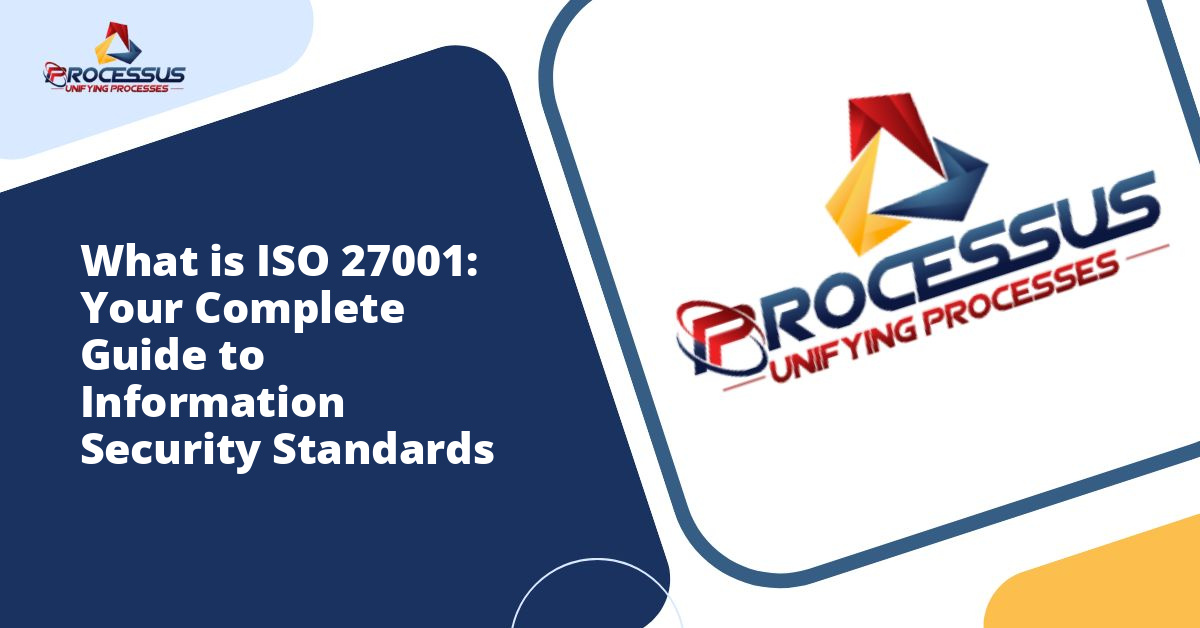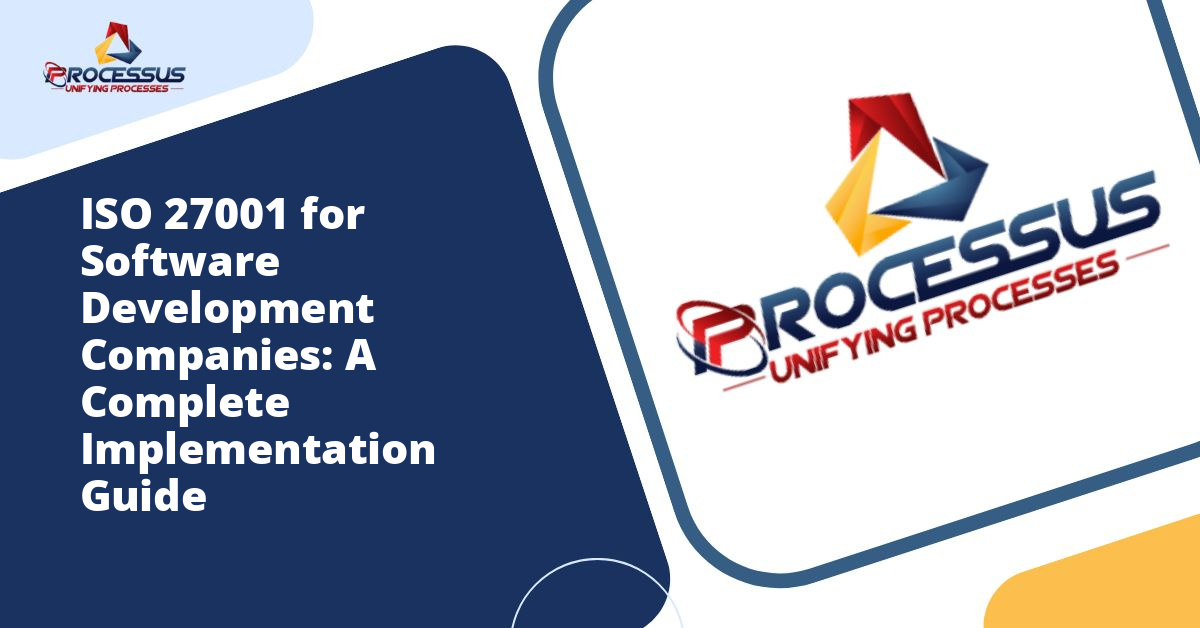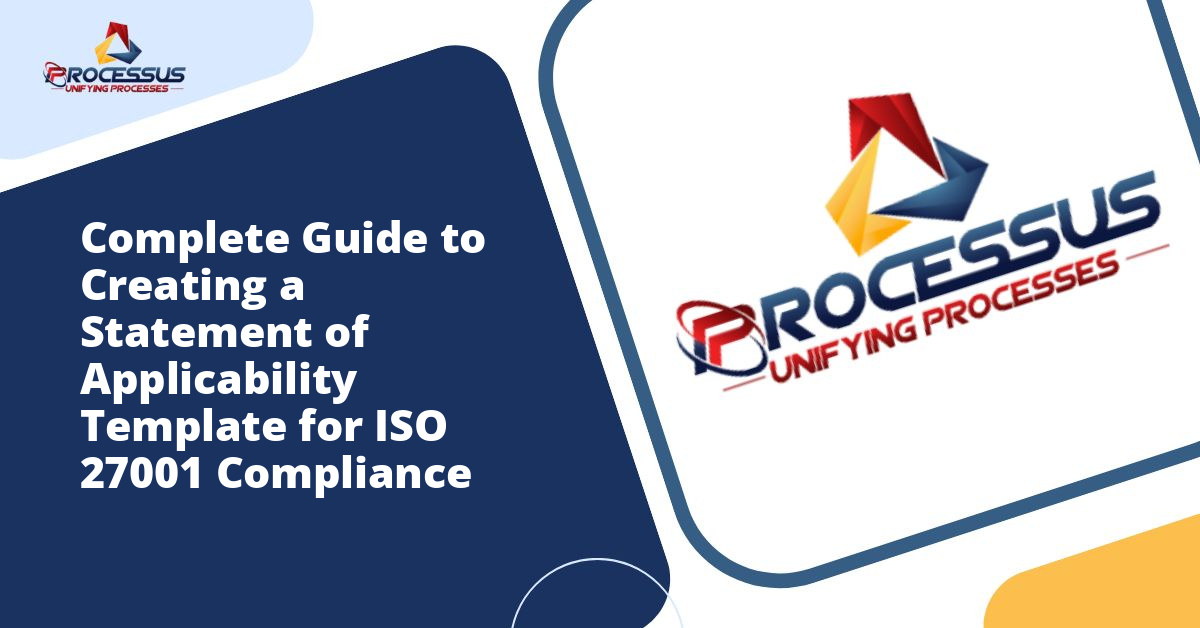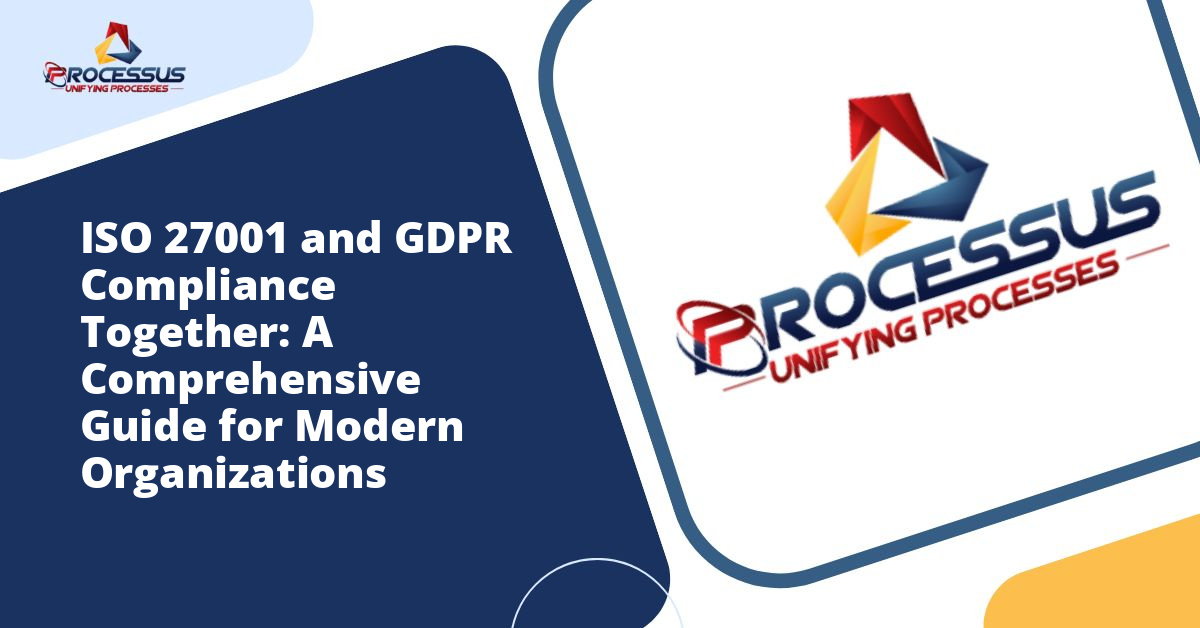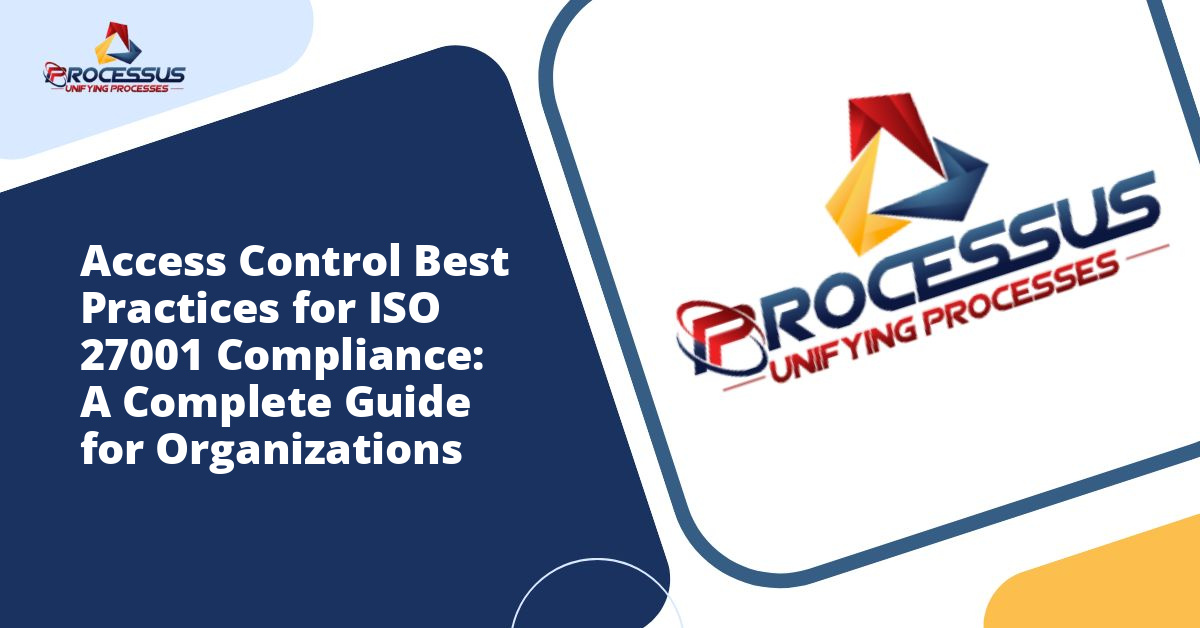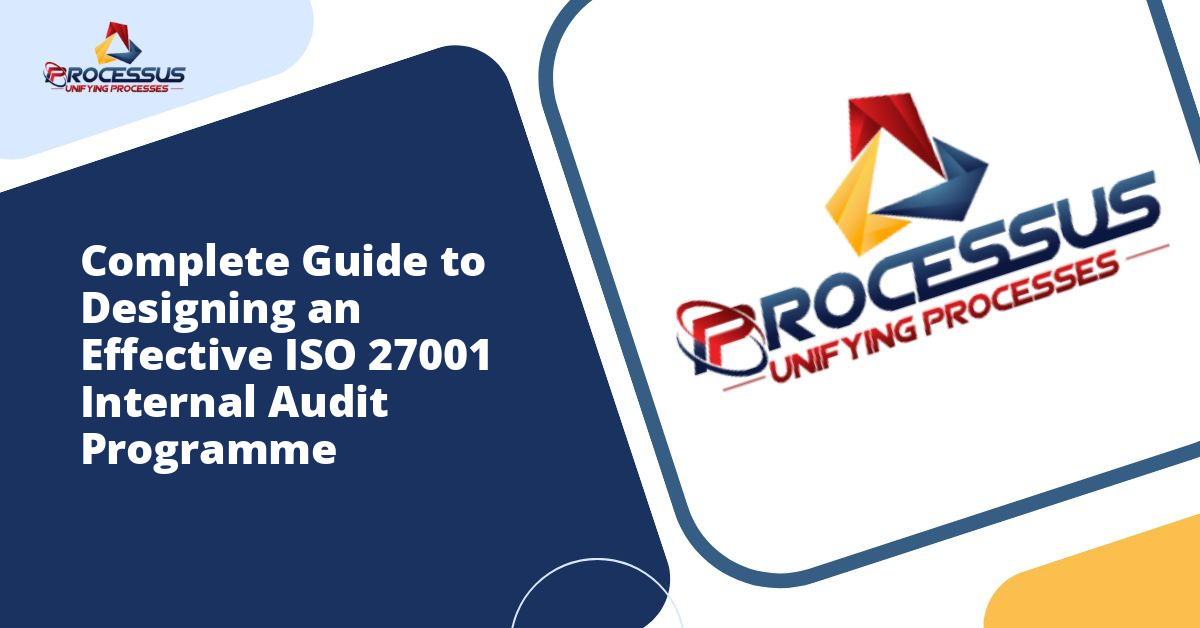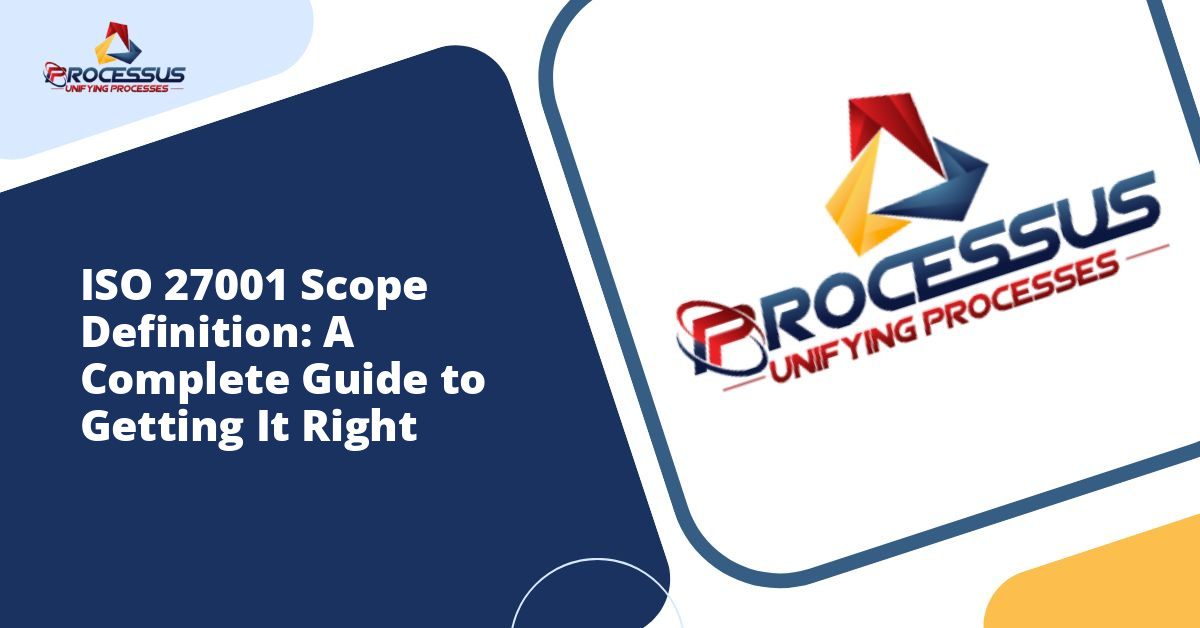If you’ve ever wondered how organizations keep your personal data safe or how businesses protect their sensitive information from cyber threats, there’s a good chance ISO 27001 is part of the answer. This international standard has become the gold standard for managing information security, but what exactly is it, and why should you care? Let’s dive in and demystify this important certification.
Understanding ISO 27001 in Simple Terms
ISO 27001 is an internationally recognized standard that provides a framework for establishing, implementing, maintaining, and continually improving an information security management system (ISMS). Think of it as a comprehensive recipe book that guides organizations on how to protect their valuable information assets from threats like data breaches, cyber attacks, and internal security mishaps. You might also enjoy reading about ISO 27001 Information Security Management System.
Published by the International Organization for Standardization (ISO), this standard doesn’t just tell companies to “be secure.” Instead, it provides a systematic approach to managing sensitive company information so it remains safe and secure. This includes everything from customer data and financial records to intellectual property and employee information.
Why Information Security Matters More Than Ever
We live in a digital age where data breaches make headlines almost daily. When a company experiences a security incident, the consequences can be devastating. Beyond financial losses, businesses face reputational damage, legal penalties, and loss of customer trust. That’s where ISO 27001 comes into play.
This standard helps organizations take a proactive approach to information security rather than waiting for something to go wrong. It’s about building a culture of security awareness throughout the entire organization, from the CEO down to every employee who handles data.
The Key Components of ISO 27001
Risk Assessment and Management
At the heart of ISO 27001 is the concept of risk management. Organizations must identify potential security risks, assess how likely they are to occur, and implement appropriate controls to mitigate them. This isn’t a one time exercise; it’s an ongoing process that adapts as new threats emerge.
Security Controls
The standard includes a comprehensive list of security controls organized into different categories. These controls cover everything from physical security (like locked server rooms) to technical measures (such as encryption and firewalls) and organizational policies (including employee training and access management).
Continuous Improvement
ISO 27001 follows a “Plan Do Check Act” cycle, which means organizations are constantly reviewing and improving their security measures. What works today might not be sufficient tomorrow, so the standard emphasizes the importance of staying current with evolving threats.
Who Needs ISO 27001 Certification?
While any organization can benefit from implementing ISO 27001, certain industries and situations make it particularly valuable. Companies that handle large amounts of personal data, financial institutions, healthcare providers, and technology firms often pursue certification to demonstrate their commitment to information security.
However, it’s not just for large corporations. Small and medium sized businesses can also implement ISO 27001 principles to protect their assets and gain a competitive advantage. Many clients and partners now require their vendors to have ISO 27001 certification before doing business with them.
The Benefits of ISO 27001 Certification
Achieving ISO 27001 certification offers numerous advantages beyond just better security:
- Enhanced Customer Trust: Certification shows clients that you take their data security seriously, which can be a significant competitive differentiator.
- Regulatory Compliance: Many data protection regulations align with ISO 27001 requirements, making compliance easier to achieve and demonstrate.
- Reduced Risk: A structured approach to security significantly decreases the likelihood of costly data breaches and security incidents.
- Improved Business Processes: Implementing the standard often leads to better organized and more efficient operations overall.
- Global Recognition: ISO 27001 is respected worldwide, opening doors to international business opportunities.
Getting Started with ISO 27001
If your organization is considering ISO 27001 certification, the journey typically involves several steps. First, you’ll need to gain leadership buy in and allocate resources for the project. Next comes the gap analysis, where you assess your current security posture against the standard’s requirements.
From there, you’ll develop and implement the necessary policies, procedures, and controls. This phase requires involving people from across your organization because information security is everyone’s responsibility. Finally, you’ll undergo an external audit by an accredited certification body to verify that you meet all the requirements.
The Bottom Line
ISO 27001 represents more than just a certificate to hang on your wall. It’s a commitment to protecting information assets through a systematic, tested framework. In our increasingly connected world, where cyber threats evolve daily, having a robust information security management system isn’t optional anymore; it’s essential.
Whether you’re a business owner evaluating security options or a customer wondering how companies protect your data, understanding ISO 27001 helps you appreciate the effort and expertise required to maintain proper information security. It’s about creating a safer digital environment for everyone involved.

